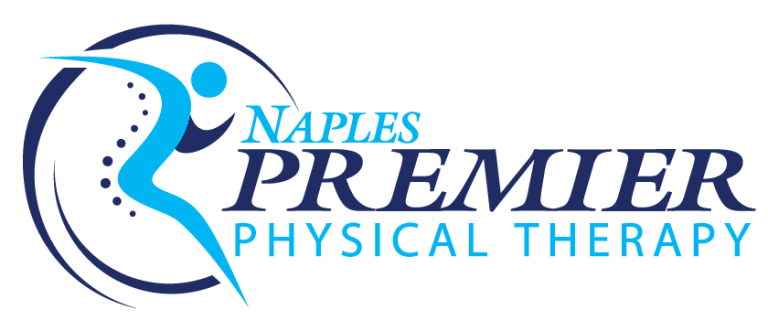
EXERCISE FOR QUALITY SLEEP
- Dr Shane Smith, PT, DPT

leep is one of the most important physically and mentally revitalizing activities we can do for ourselves each night. If you are one of the millions of Americans suffering from inadequate sleep or feelings of fatigue and exhaustion you are not alone. CDC data shows between 35-45% of adult Americans do not get the adequate seven hours of sleep required for optimal body function. Many factors go into poor sleep quality such as stress, depression, lifestyle choices (excessive caffeine, alcohol consumption, etc.), or sedentary lifestyles. Common treatment plans for improving sleep such as melatonin, valerian root, and other pharmacological agents may not work for you, but do not feel that you are stuck to a life of fatigue and restless sleep. One of the easiest solutions that every individual can attempt is exercise. Exercise is endorsed by the American Sleep Disorder Association. It is a confirmed nonpharmaceutical intervention to improve sleep. Much of the research was performed on normal sleepers not insomnia patients or others with psychological disorders, however future research may show these individuals benefiting more from exercise than normal sleepers. Objective data does show in studies that fit individuals sleep longer, they have a shorter sleep onset latency and have higher levels of deep sleep then unfit individuals. One disorder group that has been studied with sleep and exercise are depressed individuals. A study performed on depressed adult male and females over 60-years-old showed weightlifting one hour, three times a week for 10 weeks improved sleep quality compared to control groups that did not exercise. If resisted training is not something that interests you other studies showing aerobic exercise such as walking, biking, and swimming also had very favorable outcome measures for improving sleep quality and duration. Typically, exercising for 30 minutes to one hour showed the best results of overall improved sleep quality. Overtraining, such as two or more hours a day of exercise caused a worsening in sleep for individuals. This fact goes to the old statement too much of a good thing is a bad thing.
When looking at how exercise improves sleep there are three theories at play.
1) Thermogenic affect: Evening decline in body temperature, which is primarily precipitated by increased peripheral skin blood flow. Sleep onset is associated with peripheral heat dissipation through vasodilation and increase sweating, together with a reduction in metabolic rate and core body temperature during sleep. This theory allows exercise to play a major role. By increasing your body temperature, exercising causes increased metabolic activity as well as vasodilation to your extremities, which helps to speed up the thermogenic affect allowing you to get sleep quicker. Research also shows that exercise does not need to be performed right before sleep; it is most beneficial to do it 5-6 hours before bedtime.
2) Body restoration: sleep is used for the reduction of energy expenditure below the level attainable by rest alone, sleep sets a limit on metabolic expenditure and are bodies will promote sleep once energy expenditures get too low levels and the need to slow down that expenditure process. Our lowest metabolic rate are seen while sleeping.
3) Energy conservation: This theory predicts that conditions for anabolic activity during sleep will be favored following high catabolic exercise activities during awaking periods. Sleep then should be improved as a very cooperation activity from regular “wear and tear” of life. If energy use during the day is very low, sleep facilitation will not be as needed, and thus results in our body not sleeping thoroughly throughout the entire night. If you happen to be suffering from chronic fatigue during the day or poor sleep quality at night and do not know how to start exercise interventions due to your current health issues, please contact us for a free consultation to discuss how we can get your activity level up without fear of injury aggravation.
Email: Info@naplespremierpt.com
Phone: (239)919-3510
Website: www.Naplespremierpt.com





